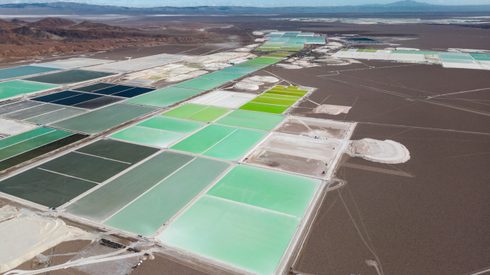The memorandum of understanding encompasses sourcing of black mass derived from recycled lithium-ion batteries for Electra’s Canadian refinery and marketing of Electra’s cobalt sulfate in Japan.
Electra, previously known as First Cobalt, is currently on track to commission a near-zero carbon cobalt refinery in late 2022. It will have an annual production target of 5,000 tonnes of cobalt, rising to nameplate capacity of 6,500 tonnes per year.
The cobalt refinery is the first of a four-phased project that will create an integrated battery materials park, refining cobalt, nickel and black mass and converting the material into cathode precursor material for lithium-ion batteries.
According to Electra, Marubeni’s network of battery recyclers in Asia and elsewhere will assist in the sourcing of lithium-ion battery material for the company’s hydrometallurgical recycling operation in Ontario, Canada, which is scheduled for commissioning in 2023.
Electra intends to market a portion of its cobalt production into existing lithium-ion battery supply chains in Japan that are serving the North American market while it develops its domestic battery materials park.
“Marketing a portion of our cobalt production in Japan will lay the groundwork for further expansion opportunities as the North American market develops,” said Trent Mell, Electra chief executive officer.
“This partnership with Marubeni reflects the strong demand for North American battery materials as an alternative to legacy supply chains,” he added.
To date, Electra has concluded feed supply contracts with Glencore and commodities trading company IXM SA for a total of 4,500 tonnes of contained cobalt per year for a five-year term.
Fastmarkets assessed the price for cobalt sulfate 20.5% Co basis, exw China at 104,000-105,000 yuan ($16,373-16,530) per tonne on Wednesday January 19, flat from January 14 but up from 102,000-103,000 yuan per tonne at the start of the year.
Electra was created by the merger of four companies to create a vertically integrated cobalt company, with assets in the US state of Idaho and the Canadian province of Ontario.





